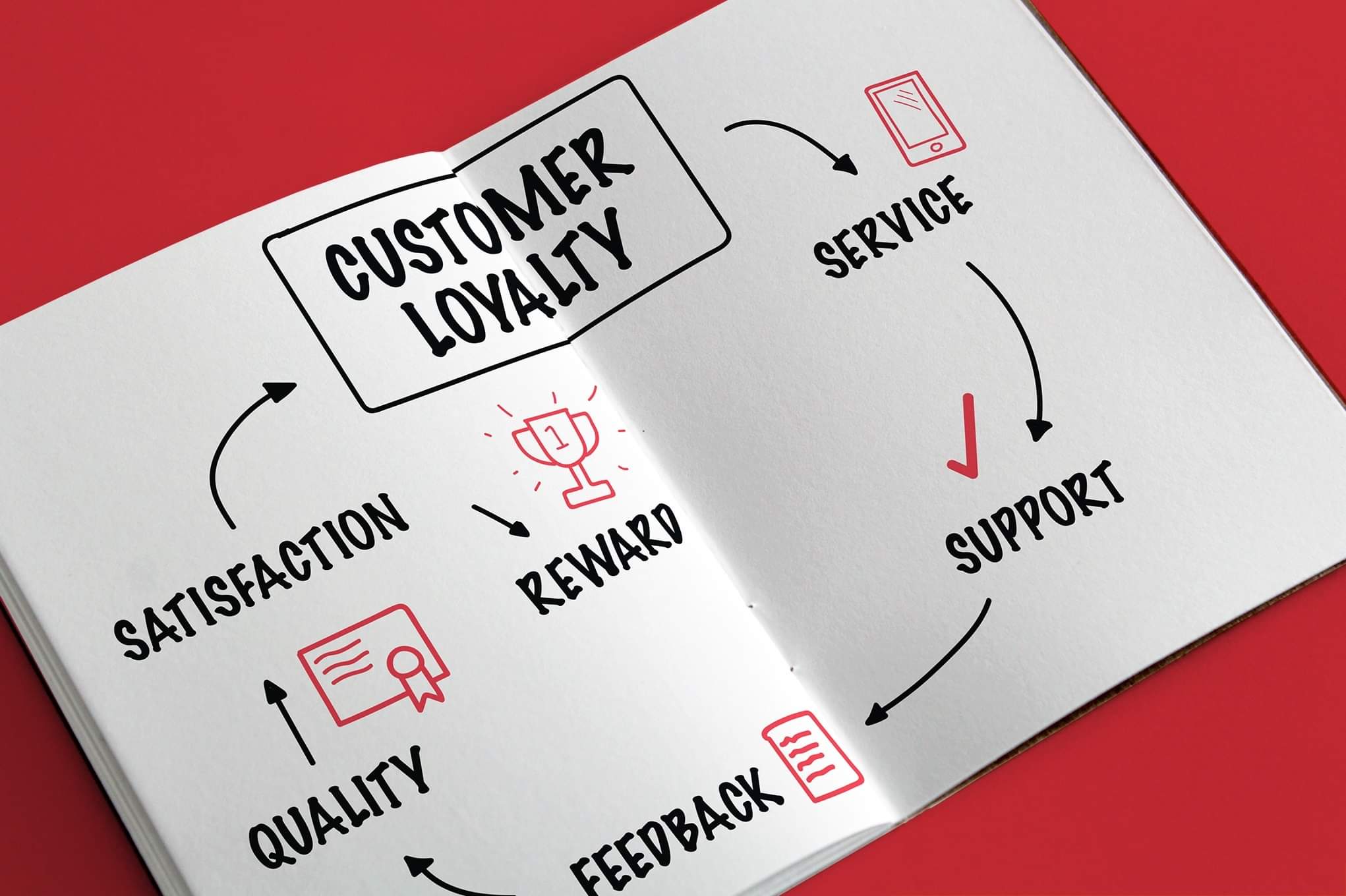Sustainable business needs the right branding
Branding is about creating values and delivering a promise to target consumers – which is an extremely important strategy to make a business sustainable. This promise can be about functional and emotional satisfaction, esteem need fulfillment, experiential consequences, or aspirational self-contentment. Increasingly, brands are promising that they care not only about their customers but also about their employees, the environment, humanity and society at large.
Different organizations have framed different definitions of business sustainability with branded CSR – although there is considerable common ground between them. CSR and Brand Management can play a crucial role in delivering brand promise and presenting a sustainable business in the long run. Developing a meaningful brand is a prerequisite of modern sustainable business. Also the positive role of top management and stakeholders is of utmost importance to frame, nurture, and implement it in day-to-day activities.
Social responsibility becomes an integral part of the wealth creation process – which if managed properly should enhance the competitiveness of business and maximize the value of wealth creation to society. However, profit-making is not the sole function of business. Even there is no one size fits all. In different organizations, there will be different priorities, and values that will shape how businesses act.
We all know that people engage in business to earn profit. The obligation of any business to protect and serve the public interest is known as the social responsibility of business. To do that business has to have certain rules to follow as a good corporate citizen. It might not be a legally binding but a necessity for binding humans with humans and to a healthy ecosystem.
Ethics refers to the conduct and activities of people based on moral principles. Business can also be guided by certain moral principles. CSR encourages them to earn profit through judicious management of the business, by providing better working and living conditions to its employees, providing better products, after-sales services, etc. to its customers, and simultaneously controlling pollution and conserving natural resources, humane and various aspects of empathy towards consumers.
Every business is a part of the society. So it should be the responsibility of every business to spend a part of its profit for the welfare of the society and for disaster management in a planned way.
In the 2020 pandemic situation we have seen many of companies didn’t manage to provide employees’ salaries as they didn’t have a Business Continuity Plan or retained funds for disaster management or didn’t have good intentions toward employees – the real growth partners. Happy employees make sustainable companies and consumers today prefer to do business with companies that they believe share their values of sustainability. Providing and communicating a workplace composed of happy, work-life balance, and satisfied employees are one step towards bridging the sustainability gap. The top and mid-level managers which include; the CEO, CMO/CSO, CHRO, Manager/Compliance Manager are responsible for implementing CSR initiatives and incentives.

Companies can position, promote, and protect their brand through CSR. It aims at understanding how consumer perceptions can be managed to create brand value through corporate brand communication for long-term sustainability; while CSR is a differentiating factor and corporate responsibility as a good corporate citizen, if any organization claims it.
Cause-related marketing (CRM) adds another dimension. It provides the emotional as well as the rational engagement of the consumer with the brand. This has everything to do with consumer relevance, so when we speak of the real social world and how connections are made in the minds of consumers between sustainability and good companies, those companies and brands are perceived by consumers as compassionate.
How can corporate brand initiatives relate with good cause to make a difference using CRM (Cause Related marketing) as a tool, which may fit with organizations’ strategy and functions to promote, enhance, and protect brand value, visually verbally and virtually based on the logic and brand philosophy, business strategy and consumer perceptions connected to CSR activities. This ultimately largely determines the level of brand value creation for the target audience in the long run based on relevance, distinctiveness and believability through proper corporate brand management to generate value for sustainable business.
Consumers’ awareness of a company’s CSR activities is a basic prerequisite for CSR to have any influence on brand-related outcomes. Several CSR Initiatives are unnoticed and thus do not have any influence on corporate or brand image.
Normally the prior positive attitudes toward the cause have a significant effect on the success of cause—brand alliances and the organizations itself. Especially in service sectors e.g. Financial, HealthCare, Hospitality, Real Estate etc.
The CEO or Head of the organization should own the concept and drive from the top. Marketing must strategize, commutate, execute, brand and embedded it in people’s mind. Though it’s a Brand Marketing function but every body’s responsibility. CSR is branding in disguise. If the board, stakeholders, top management, business owners or entrepreneurs do not have clear understanding about the concept of Brand and CSR then it is very difficult to implement. Trained and skilled human resources in this area with hands-on experiences are scarce. Managerial incapability to adopt a separate mechanism for CSR is another issue. Absence of systematic and transparent procurement procedure, traditional negative attitude leaders of the organization some times are the bottleneck and treating CSR is a social contribution are really hindering the progress of this concept. If the top management and entrepreneurs doesn’t have clear idea about CSR, Disaster management plan, business continuity plan then business sustainability will not be successful. Now, it is very important to have CSO (Chief Strategy Officer/ Chief Sustainability officer) in big conglomerates.
Business can be economically feasible, environmentally sound and socially equitable by providing a highly structured, fact-based technique to identify and assess an organization’s strengths and areas for improvement relevant to Business Sustainability. Integrate that into organization Policy and Strategy, creating a common language and conceptual framework for the way it can be managed and improve organization. Educating people in organization on the concept, involving people at all levels and in all units in programs and actions, facilitating comparisons with other organizations, integrating the various initiatives into normal operations, preparing the organization to report in a systematic and integrated way to the stakeholder. Enacting Law and pressure cannot be the only means of adopting sustainability, creating social awareness and realization of social need is more important.
We need to recognize the fact that Branded CSR as a Marketing aspect and help to grow the bottom line and drive profitability, and ‘Return of Intention’ will be the next new term of social ROI.
A sustained CSR program that reflects the core values of the brand and contributes to delivering your brand promise, will ultimately lead to an improved brand perception amongst the brand’s key stakeholders over time and thus increase and protect the brand’s value. That’s why corporations exist.
We must promote sustainability with responsibility and protect brands through CSR. The success of CSR activities should be measured against their impact on overall brand reputation. A sustained CSR program that reflects the core values of the brand and contributes to delivering brand promise, will ultimately lead to an improved brand perception amongst brand’s key stakeholders over time and thus increase and protect brand’s value and business will be sustained. By designing a living system of sustainability and delivering brand promise everyday any organization can gain customer’s confidence embedded with brand cuture.
To win customers’ hearts and minds, smart visionary companies craft strategic business sustainability plans well ahead of competition. Without any doubt right branding strategy is required for business growth and sustainability to win the future.





